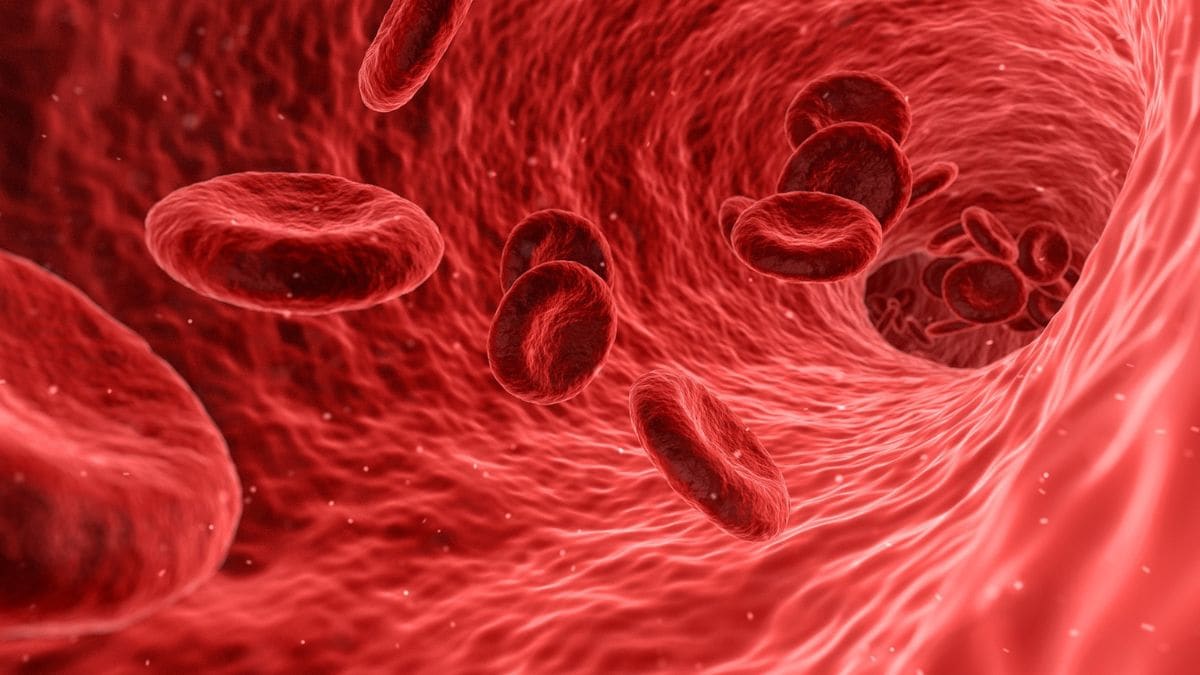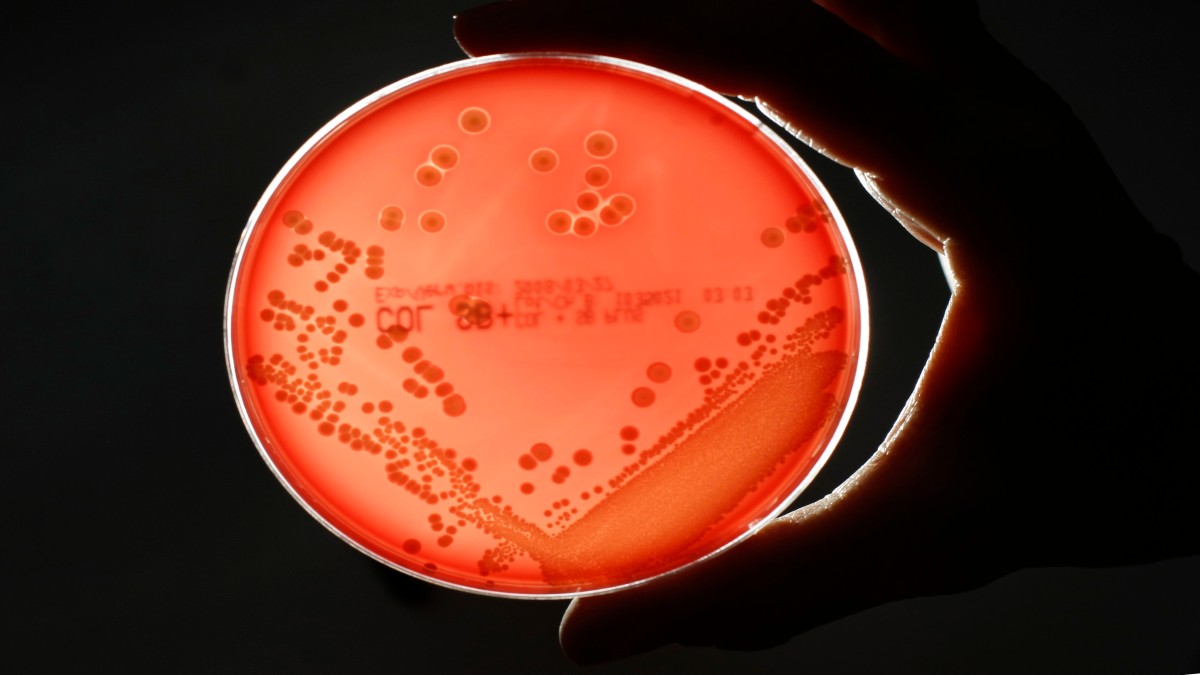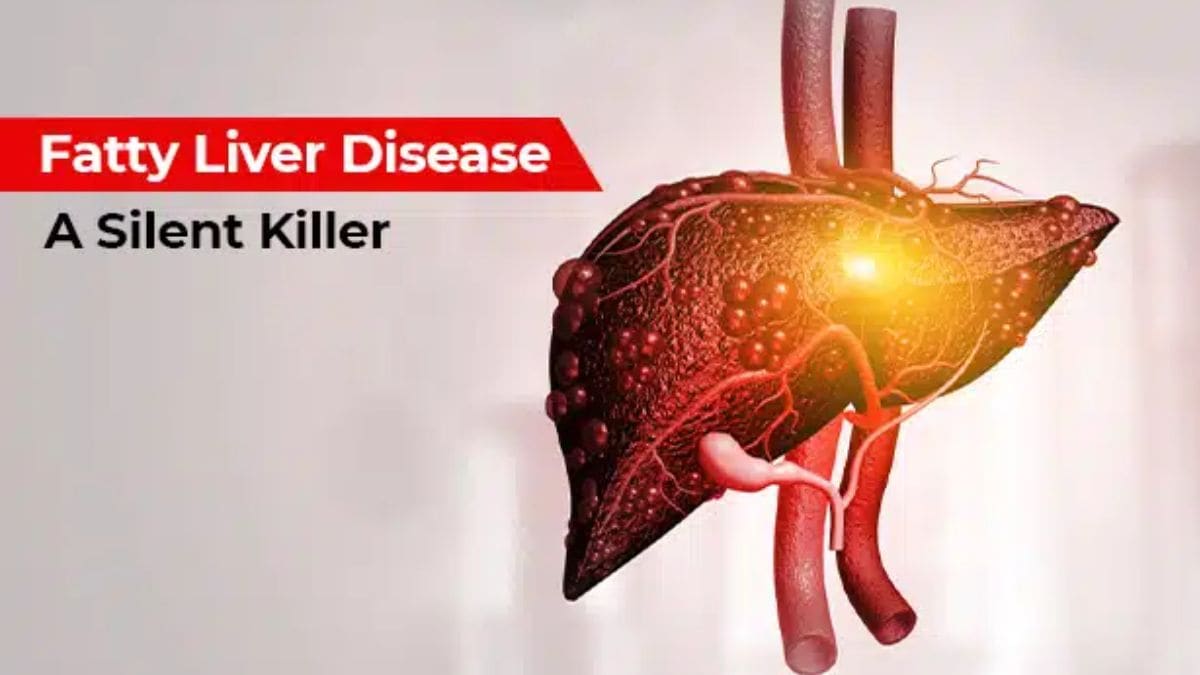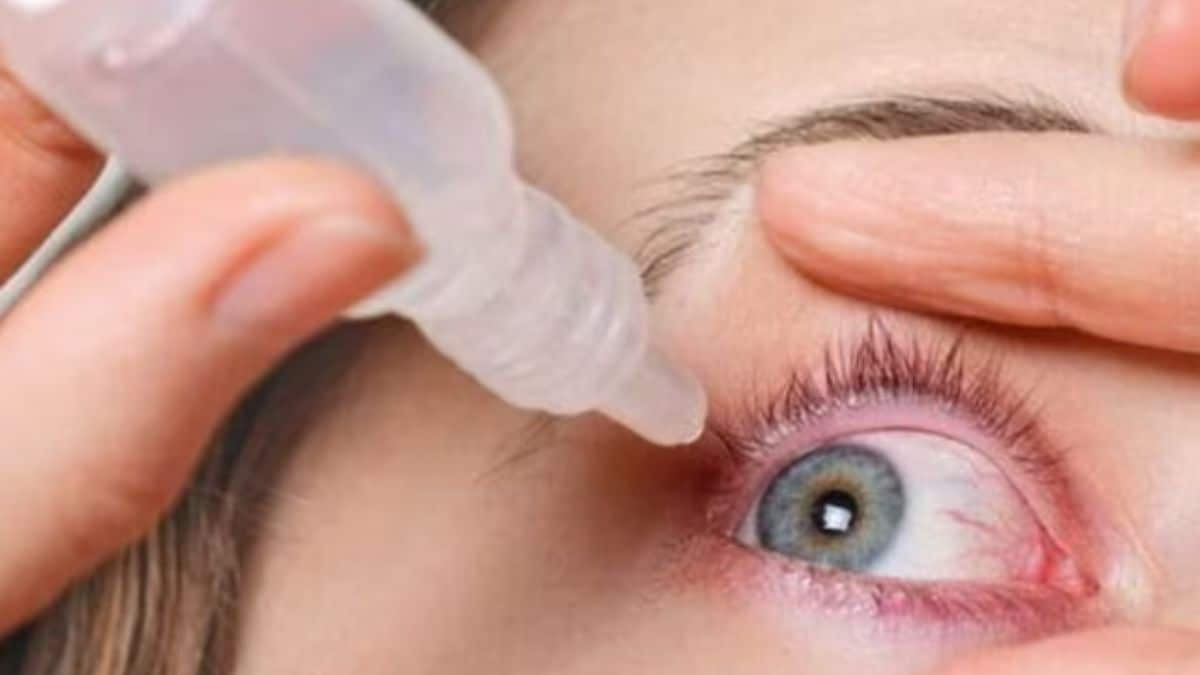Recent studies have challenged the notion that moderate alcohol consumption has positive impact on health. While guidelines vary across different nations, there is an overall trend towards reducing alcohol consumption. Here’s why read more
)
Recent studies have raised questions about the belief that moderate alcohol consumption has positive effects on heart health. Pixabay
In the past, moderate alcohol consumption was believed to have positive effects on heart health. However, recent studies have challenged this notion, prompting countries to revise their recommendations on alcohol intake. While guidelines vary across different nations, there is an overall trend towards reducing alcohol consumption.
Recently, the United Kingdom, France, Denmark, Holland, and Australia have reviewed new evidence and updated their recommendations to suggest lower alcohol consumption. Additionally, starting from 2026, Ireland will require all alcohol products to bear cancer warning labels.
AP quoted Carina Ferreira-Borges, regional adviser for alcohol at the World Health Organization (WHO) regional office for Europe as saying that “The scientific consensus has shifted due to the overwhelming evidence linking alcohol to over 200 health conditions, including cancers, cardiovascular diseases and injuries."
The United Kingdom, France, Denmark, Holland and Australia recently reviewed new evidence and lowered their alcohol consumption recommendations. Ireland will require cancer warning labels on alcohol starting in 2026.
Reevaluating ‘health benefits’ of moderate drinking
The idea that there are health benefits of moderate drinking came from imperfect studies comparing groups of people by how much they drink. Usually, consumption was measured at one point in time. And none of the studies randomly assigned people to drink or not drink, so they couldn’t prove cause and effect.
People who report drinking moderately tend to have higher levels of education, higher incomes and better access to health care, Naimi said.
“It turns out that when you adjust for those things, the benefits tend to disappear,” he said.
Insights from genetic studies
Another problem: Most studies didn’t include younger people. Almost half of the people who die from alcohol-related causes die before the age of 50.
“If you’re studying people who survived into middle age, didn’t quit drinking because of a problem and didn’t become a heavy drinker, that’s a very select group,” Naimi said. “It creates an appearance of a benefit for moderate drinkers that is actually a statistical illusion.”
Other studies challenge the idea that alcohol has benefits. These studies compare people with a gene variant that makes it unpleasant to drink to people without the gene variant. People with the variant tend to drink very little or not at all. One of these studies found people with the gene variant have a lower risk of heart disease — another blow to the idea that alcohol protects people from heart problems.
Cancer risks of drinking
Drinking raises the risk of several types of cancer, including colon, liver, breast and mouth and throat. Alcohol breaks down in the body into a substance called acetaldehyde, which can damage your cells and stop them from repairing themselves. That creates the conditions for cancer to grow.
Thousands of US deaths per year could be prevented if people followed the government’s dietary guidelines, which advise men to limit themselves to two drinks or fewer per day and women to one drink or fewer per day, Naimi said.
One drink is the equivalent of about one 12-ounce can of beer, a 5-ounce glass of wine or a shot of liquor.
Naimi served on an advisory committee that wanted to lower the recommendation for men to one drink per day. That advice was considered and rejected when the federal recommendations came out in 2020.
“The simple message that’s best supported by the evidence is that, if you drink, less is better when it comes to health,” Naimi said.
With inputs from AP

 4 months ago
15
4 months ago
15


















)
)
)
)
)
)
)
 English (US) ·
English (US) ·